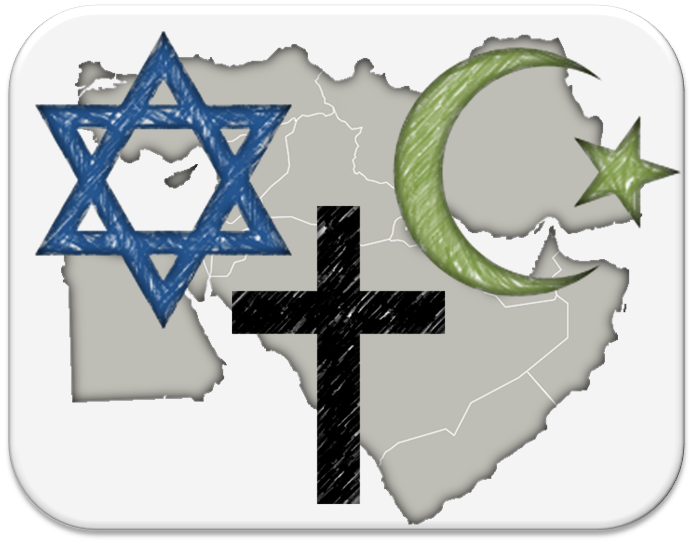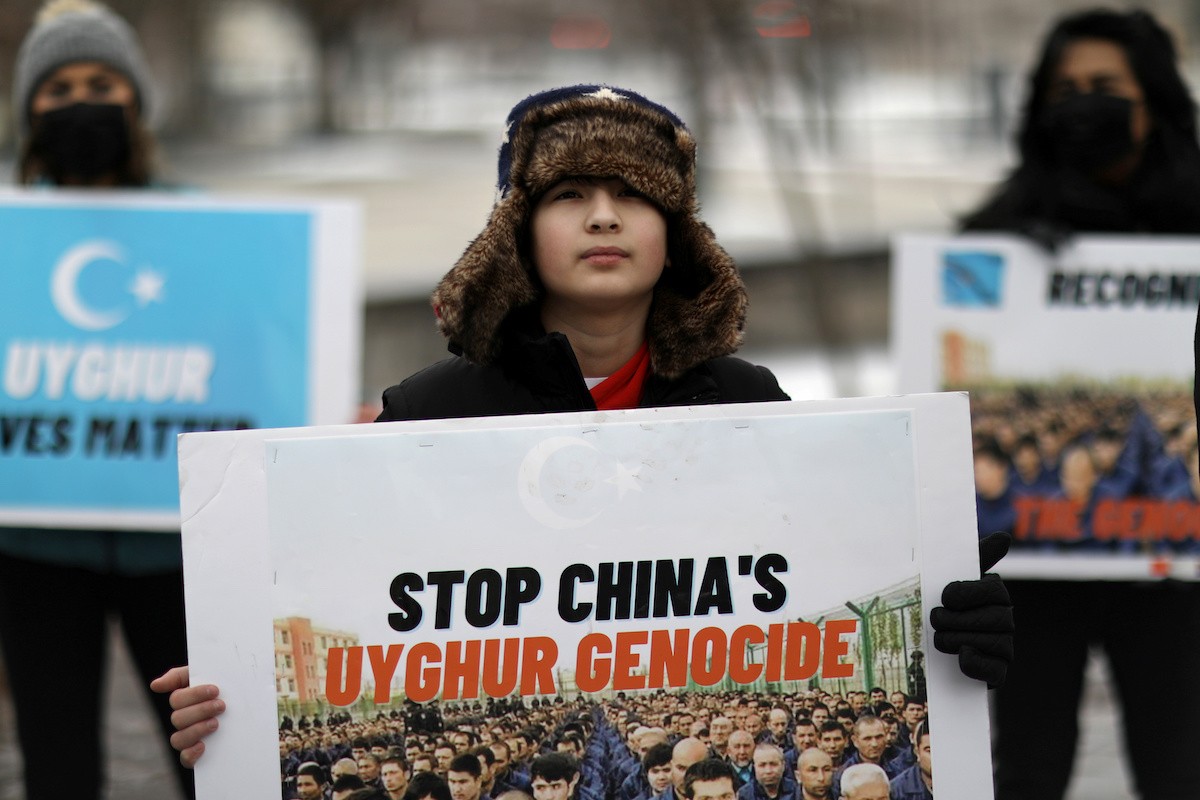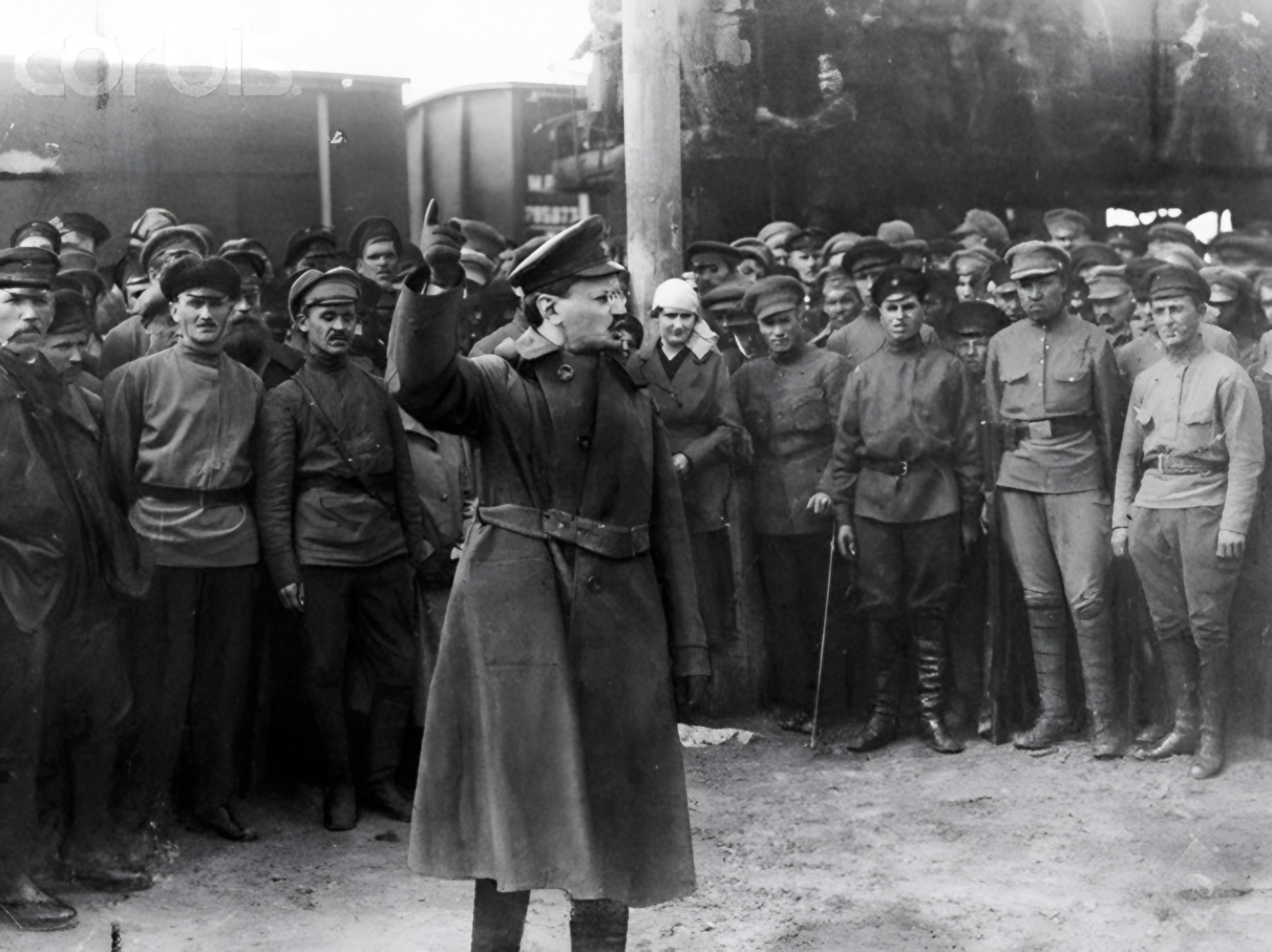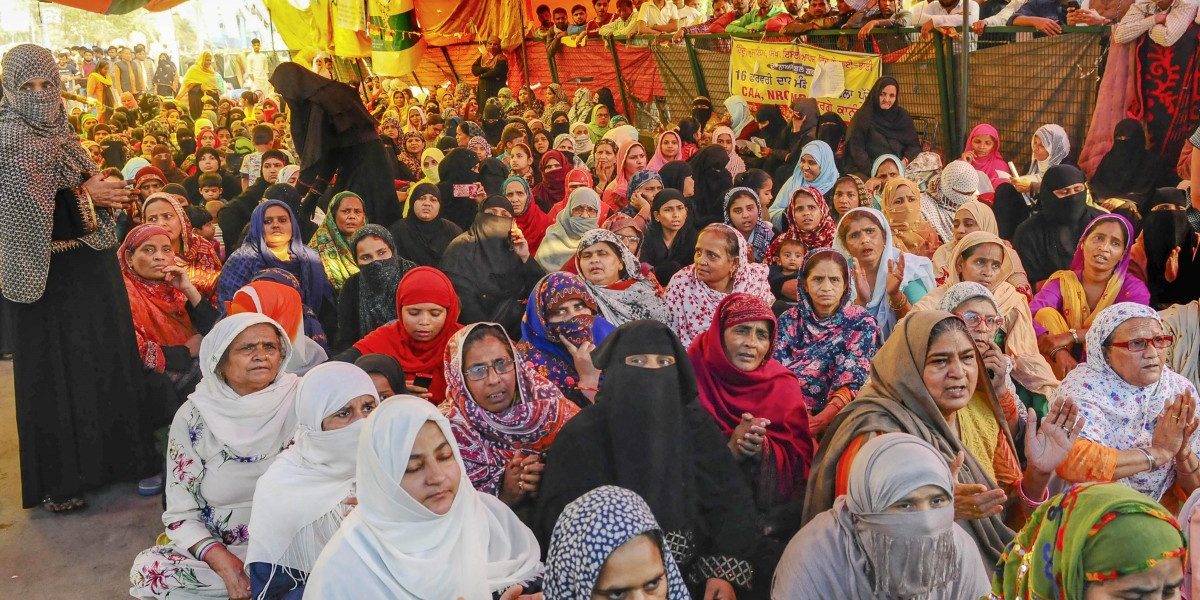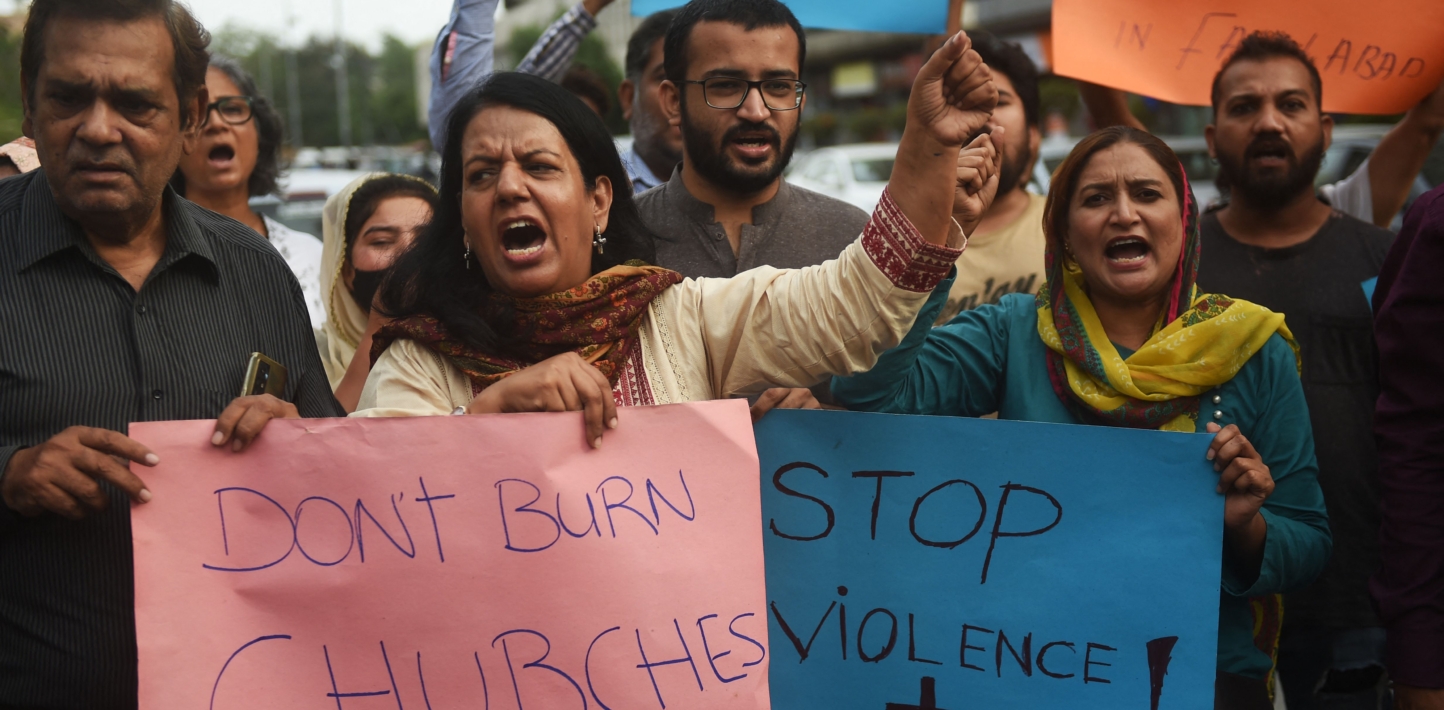Religious Minorities In Political Systems - Navigating Challenges And Striving For Inclusion
This article explores the experiences of religious minorities in political systems, shedding light on their struggles, triumphs, and the ongoing pursuit of religious freedom and representation.
Author:Paula M. GrahamReviewer:Rhyley CarneyNov 07, 20237.3K Shares171.4K Views
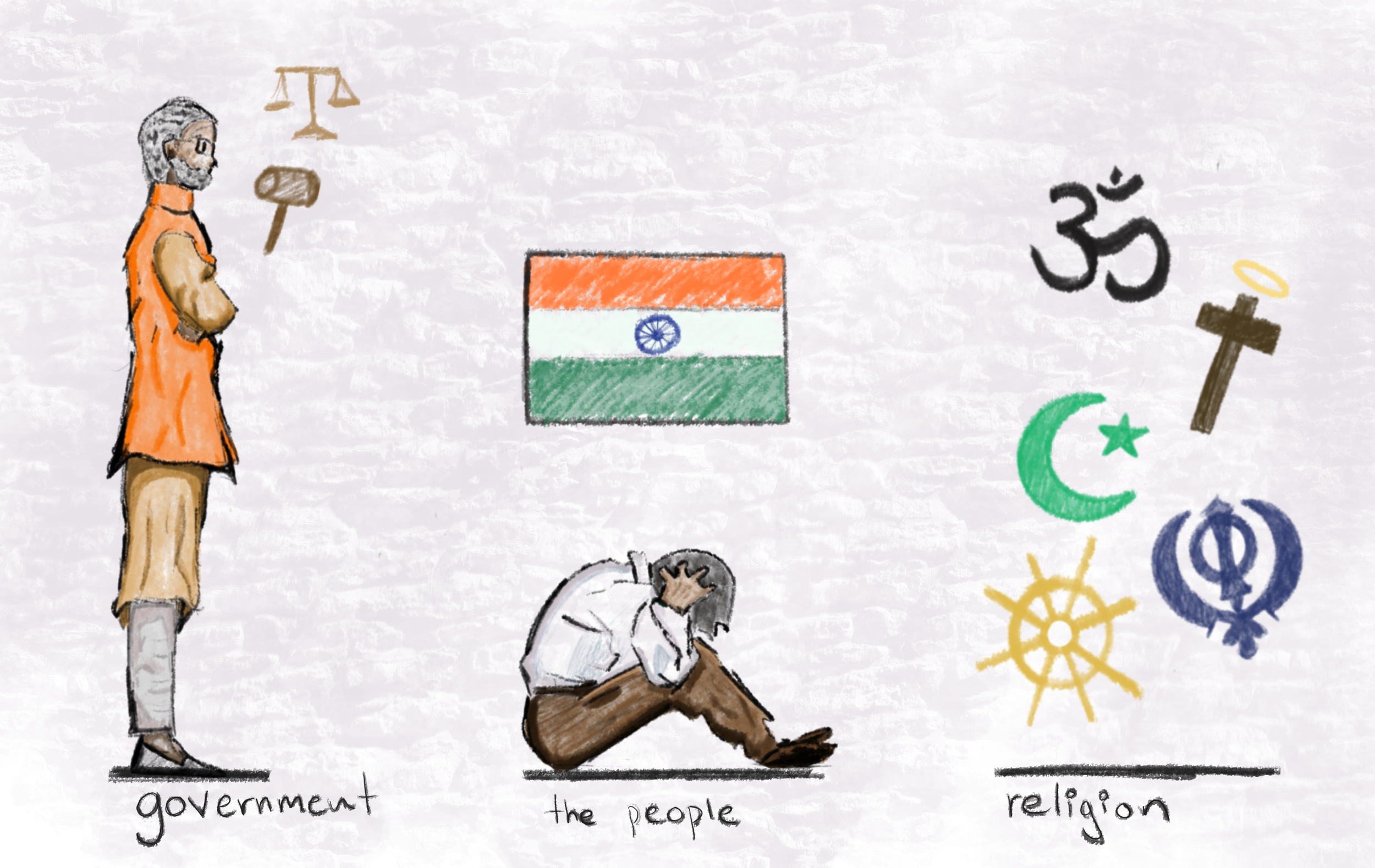
In today's diverse and interconnected world, the coexistence of various religious communities within political systems is both a testament to pluralism and a source of complex challenges.
This article explores the experiences of religious minoritiesin political systems, shedding light on their struggles, triumphs, and the ongoing pursuit of religious freedom and representation.
Defining Religious Minorities - Embracing Diversity
Religious minorities consist of a myriad of religious communities, each with its unique beliefs, practices, and cultural traditions. These communities, whether officially recognized by the State or not, encompass both mainstream religions and alternative spiritual practices. From Christianity, Islam, and Hinduism to lesser-known sects, new religious movements, and indigenous beliefs, the term "religious minorities" reflects a broad spectrum of faith-based expressions.
Traditional And Non-Traditional Belief Systems
Religious minorities include both traditional faiths deeply rooted in history and newer, non-traditional belief systems that have emerged in contemporary times. Exploring the diversity within these groups reveals the richness of religious expression and spirituality.
Large And Small Communities
Religious minorities vary significantly in size, ranging from major religious denominations with millions of followers to smaller, tight-knit communities practicing their faith on a smaller scale. Each community, regardless of its size, contributes to the religious pluralism of a society.
The Interconnected Nature Of Religious Minorities
Religious minorities are not isolated entities; they often intersect with other forms of minority status. In addition to their religious identity, they may also identify as national, ethnic, or linguistic minorities. Recognizing this intersectionality is essential for understanding the multifaceted challenges faced by these communities.
National And Ethnic Identities
Religious minorities are frequently intertwined with specific national or ethnic groups, sharing common historical, cultural, and social ties. Understanding these interconnections is vital for appreciating the unique challenges faced by these communities within the broader societal context.
Linguistic Diversity
Language serves as a significant aspect of identity. Many religious minorities also belong to linguistic minority groups, which adds another layer of complexity to their experiences. Preserving linguistic heritage becomes a crucial aspect of their struggle for cultural preservation and identity.
The Importance Of Recognition And Protection
Recognizing the diversity withinreligious minoritiesis the first step toward fostering inclusivity and protecting their rights. State recognition and legal protection play a pivotal role in ensuring that these communities can practice their faith freely, without fear of discrimination or persecution.
Promoting Conflict Prevention Through The Engagement Of Religious Minorities
In the realm of conflict prevention, the active involvement of religious minorities is indispensable. Failure to include these communities can lead to heightened vulnerability, resulting in violence, discrimination, exclusion, and various human rights violations. A substantial number of conflicts stem from tensions between communities or violations of the rights of religious minorities, making their participation a crucial factor in maintaining peace and harmony.
However, the reality often falls short of this ideal. Despite the pivotal role they can play, the effective participation of minorities in political processes remains a challenge. Societies that provide avenues for minorities to practice their culture and religion, engage in political and economic activities on an equal footing with the majority population, tend to experience fewer tensions that escalate into violent conflicts.
Regrettably, minorities find themselves underrepresented in political and governing institutions in many countries. This underrepresentation arises due to intentional restrictions on their participation, unintended disadvantages resulting from ostensibly neutral laws or policies, or structural barriers hindering their full and equal engagement. Addressing these barriers is essential to fostering inclusive societies where conflicts are mitigated, and diverse communities coexist harmoniously.
The Holocaust And The Jewish Diaspora - Tragedy And Resilience
The Holocaust, one of the darkest chapters in human history, serves as a haunting reminder of the unimaginable atrocities faced by Jewish communities during World War II. This section delves deep into the horrors of the Holocaust, examining the systematic persecution, mass extermination, and the enduring trauma inflicted upon millions of Jewish individuals. The Jewish Diaspora, born out of this tragedy, led to a global scattering of Jewish communities, each grappling with the collective memory of the Holocaust.
Systematic Persecution And Genocide
The Holocaust was marked by systematic persecution, where Jews were subjected to discriminatory laws, segregation, and dehumanization. Explore the implementation of these policies, highlighting the devastating impact on Jewish families, culture, and heritage.
The Aftermath And The Birth Of Israel
Examine the aftermath of the Holocaust, focusing on the survivors' resilience and their determination to establish a homeland. Discuss the founding of Israel as a response to centuries of persecution, exploring its significance as a safe haven and a testament to the enduring spirit of the Jewish people.
Impact On Jewish Identity And Political Engagement
Analyze how the Holocaust profoundly influenced Jewish identity and political engagement. Delve into the psychological scars left by the Holocaust, which continue to shape the perceptions and actions of Jewish communities worldwide. Discuss how this historical tragedy galvanized political activism, leading to movements advocating for human rights, tolerance, and Holocaust education.
Religious Minorities In Authoritarian Regimes
Throughout history, authoritarian regimes have consistently targeted religious minorities, subjecting them to persecution, discrimination, and marginalization. This section explores the enduring patterns of oppression faced by religious communities under autocratic rule, shedding light on the harrowing experiences of those who endured these tyrannical regimes.
Stalinist Purges - Crushing Dissent And Faith
Examine the Stalinist purges in the Soviet Union, where religious figures and believers faced brutal repression. Explore the suppression of religious practices, the closure of churches, and the persecution of clergy, highlighting the impact of these purges on religious communities and their ability to practice faith in secret.
Persecution Of Minority Sects - Silencing Unconventional Beliefs
Investigate the persecution of minority sects in various countries, where unconventional religious beliefs were met with hostility and oppression. Discuss how these minority groups, often labeled as heretics or cults, faced discrimination, imprisonment, and violence, forcing them to practice their faith in secret and isolation.
The Resilience Of Faith - Stories Of Survival And Revival
Despite the oppressive regimes, stories of resilience emerge, showcasing the unwavering faith and determination of religious minorities. Highlight specific examples of individuals and communities who, against all odds, preserved their faith, traditions, and cultural heritage. Explore how these stories of survival inspire future generations and serve as a testament to the enduring power of faith in the face of adversity.
Efforts For Inclusion - Promoting Tolerance And Understanding
Interfaith Dialogue - Bridging Divides And Cultivating Harmony
Interfaith dialogue stands as a cornerstone in the quest for fostering tolerance and understanding among diverse religious communities. In a world marked by religious diversity, these dialogues serve as essential avenues for bridging gaps, dispelling misconceptions, and nurturing empathy. This section delves into the initiatives and dialogues initiated by various religious groups, showcasing how cooperation and coexistence can prevail over division and discord.
Initiatives For Dialogue
Explore the myriad initiatives undertaken globally to promote interfaith dialogue. From grassroots community projects to international conferences, discover the diverse platforms that facilitate conversations between adherents of different faiths. Highlight the innovative approaches, such as digital platforms and cultural exchange programs, that have successfully encouraged dialogue in the face of religious diversity.
Successful Cooperation And Coexistence
Examine real-life examples of successful interfaith dialogue initiatives. Showcase instances where religious communities have come together to address common challenges, foster mutual respect, and celebrate shared values. These success stories demonstrate the potential for cooperation and coexistence, emphasizing the positive impact of interfaith dialogue on building peaceful societies.
Representation Of Religious Minorities - Amplifying Voices In Governance
Political representation serves as a linchpin in ensuring that the voices of religious minorities resonate within the corridors of power. This section navigates the global landscape, shedding light on the efforts made to enhance the representation of religious minorities in political leadership roles. By exploring the challenges faced and the transformative impact of increased representation, we gain insight into the crucial role political leadership plays in promoting inclusivity and understanding.
Challenges In Political Representation
Delve into the multifaceted challenges faced by religious minorities in their pursuit of political representation. From systemic discrimination to cultural biases, dissect the barriers hindering minorities' entry into political spheres. Explore case studies from different regions, highlighting specific challenges unique to each context, and analyze the common threads that bind these experiences.
Initiatives For Harmonious Coexistence
Explore the innovative initiatives undertaken globally to foster interfaith dialogue. From community-based projects to international conferences, delve into the diverse platforms that facilitate conversations among adherents of different faiths. These initiatives highlight the power of dialogue in dismantling barriers and fostering mutual respect.
Stories Of Successful Cooperation
Delve into real-life stories showcasing successful interfaith dialogue initiatives. These narratives exemplify how communities, regardless of their religious differences, have come together to address common challenges and celebrate shared values. By emphasizing these stories of cooperation, this section underscores the transformative impact of interfaith dialogue on building peaceful and understanding societies.
Impact Of Religious Minorities In Positions Of Power
Examine the transformative impact of having religious minorities in positions of political influence. Investigate policy changes, social initiatives, and legislative reforms driven by these leaders. Showcase instances where religious minorities have advocated for inclusive policies, social justice, and religious freedom, thereby shaping more tolerant and accepting societies. By highlighting these accomplishments, we underscore the pivotal role of political representation in fostering understanding and harmony.
The Role Of International Organizations
International organizations stand at the forefront of protecting religious freedom, advocating for the rights of religious minorities worldwide. In this section, we delve into the impactful initiatives spearheaded by renowned organizations such as the United Nations and Amnesty International, aiming to safeguard the rights of religious minorities.
United Nations
Explore the multifaceted efforts of the United Nations in promoting religious freedom. From drafting international conventions to conducting awareness campaigns, uncover the comprehensive strategies employed by the UN to protect the rights of religious minorities. This sub-section emphasizes the significance of global cooperation and diplomacy in fostering religious tolerance and understanding.
Amnesty International
Dive into the advocacy work of Amnesty International, a leading human rights organization. Investigate their reports, campaigns, and grassroots initiatives focused on safeguarding religious minorities. Delve into specific case studies where Amnesty International has intervened, shedding light on their role as a powerful voice against religious discrimination and persecution. Also other NGO and independent organizations las Waco Fellowshipaids to solve minorities problems across the world.
Combating Blasphemy Laws - Upholding Justice And Equality
Blasphemy laws, prevalent in various parts of the world, often disproportionately impact religious minorities, leading to discrimination and persecution. This section delves into the challenges posed by these laws, highlighting instances where they have been misused to target minority communities. Moreover, it discusses ongoing efforts to advocate for fair trials, challenge wrongful convictions, and ultimately, repeal these laws to ensure justice and equality for all.
Challenges And Misuses Of Blasphemy Laws
Examine the complexities surrounding blasphemy laws, exploring the instances where these laws have been manipulated to suppress religious minorities. Analyze the legal intricacies, societal implications, and human rights violations resulting from the misuse of blasphemy laws, shedding light on the urgency of reform.
Advocacy For Fair Trials And Repeal
Uncover the global advocacy efforts aimed at challenging unfair blasphemy accusations and ensuring fair trials. Explore the collaborations between international organizations, legal experts, and civil societygroups striving to repeal these laws. By highlighting successful campaigns and legal victories, this sub-section showcases the progress made in the fight against religious discrimination and injustice.
Religious Minorities In Political Systems - FAQs
What Are Examples Of Religious Minorities?
Religious minorities encompass a wide range of faith communities that have a smaller number of adherents compared to the dominant religion in a particular region or country. Examples of religious minorities vary across different regions and contexts, but they may include:
- Jews in many European countries and North America.
- Christians in predominantly Muslim countries in the Middle East.
- Muslims in some Western countries where they are a minority.
- Buddhists, Christians, and Hindus in some parts of South Asia.
- Sikhs in several countries, including India and Canada.
- Baha'is in Iran and certain other countries.
- Yazidis in the Middle East.
- Zoroastrians in Iran and India.
What Is The Concept Of Religious Minority?
The concept of a religious minority refers to a group of people within a society who hold religious beliefs or practices different from the majority religion in that particular society. These individuals or communities often face unique challenges, including potential discrimination or limited access to resources and opportunities due to their religious beliefs. Protecting the rights of religious minorities is essential in promoting religious freedom, tolerance, and inclusivity within diverse societies.
What Is A Minority In Politics?
In the realm of politics, a minority refers to a group of people who are outnumbered or underrepresented in the political landscape concerning the dominant or majority group in a given society. Political minorities can be based on various factors, such as race, ethnicity, religion, gender, sexual orientation, or political affiliation. In democratic systems, the rights and interests of political minorities are ideally protected through measures like proportional representation, affirmative action, or safeguards against discriminatory policies to ensure their voices are heard and their rights are respected within the political process.
Conclusion
As societies continue to grapple with the complexities of religious diversity, acknowledging the challenges faced by religious minorities is essential. By learning from history, addressing contemporary issues, fostering inclusivity through dialogue, promoting representation, and supporting international initiatives, political systems can work towards a future where every individual, regardless of their religious affiliation, can live in harmony and exercise their fundamental rights within the framework of democratic governance.
Jump to
Defining Religious Minorities - Embracing Diversity
The Interconnected Nature Of Religious Minorities
Promoting Conflict Prevention Through The Engagement Of Religious Minorities
The Holocaust And The Jewish Diaspora - Tragedy And Resilience
Religious Minorities In Authoritarian Regimes
Efforts For Inclusion - Promoting Tolerance And Understanding
Representation Of Religious Minorities - Amplifying Voices In Governance
The Role Of International Organizations
Combating Blasphemy Laws - Upholding Justice And Equality
Religious Minorities In Political Systems - FAQs
Conclusion

Paula M. Graham
Author

Rhyley Carney
Reviewer
Latest Articles
Popular Articles
